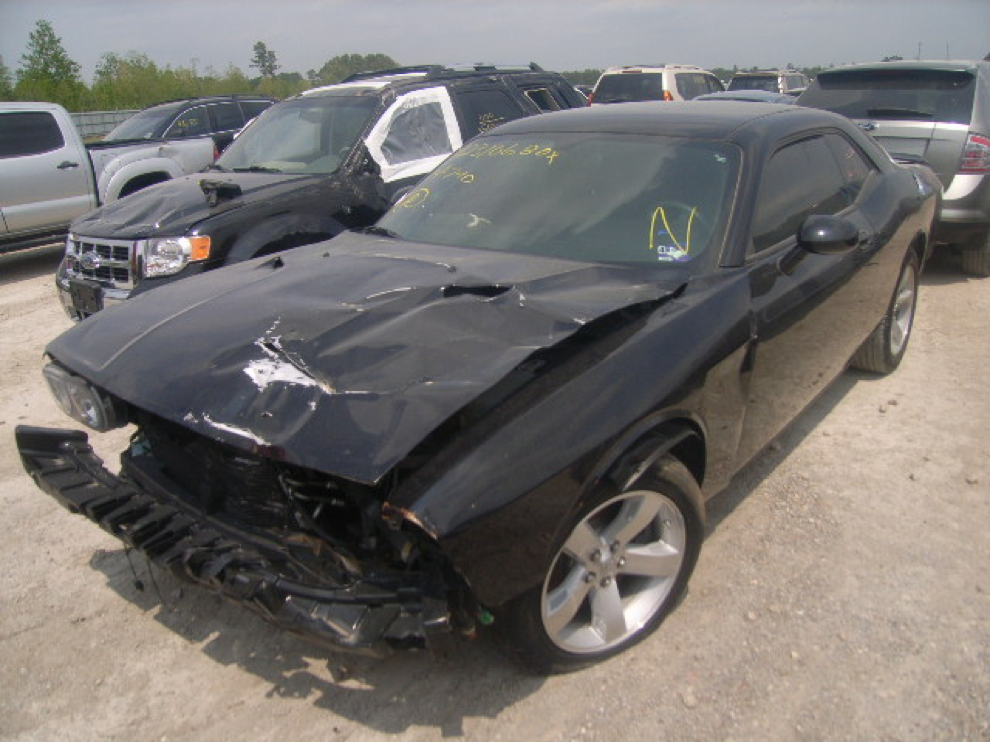Flooding due to severe storms or hurricanes often results in a large number of cars being immersed in water. The extent of the damage varies depending on whether the flood involved salt, fresh, or muddy water, as well as the length of time the vehicle was under water. What most people don’t know, however, is that many of these flood cars are cleaned up and resold on the used vehicle market.
How Does a Dealer Get Away With Selling a Flood Car?
The only way to profitably sell a flood vehicle is to conceal its history from the buyer. A dealer can buy a flood car for less than wholesale price, clean the vehicle up, and sell it to an unsuspecting buyer as a clean vehicle at full retail price. Because of lax vehicle title laws, a substantial number of flood vehicles may even come with clean titles.
Why Should I Care if My Car Was Previously in a Flood?
Flood cars present significant performance and safety issues for unsuspecting buyers. For example, a vehicle's electrical and computer systems--including brake and steering systems--are often compromised by water damage. Water submersion may also cause damage to the vehicle's frame or structural components and often leads to mold growth in the car's interior. These problems may not appear for months or even years.
Second, even if the vehicle doesn’t have any physical problems, you almost certainly overpaid for it. A vehicle with a flood history will almost always be worth less than a clean vehicle. The reason is simple: most people won't buy a vehicle with an flood history, and they definitely won't pay clean retail price for it.
Another third reason is that it will be nearly impossible to trade in a flood vehicle. One of the first things a dealer does when evaluating a trade-in is pull a CarFax report. If the report shows a flood history, the dealer is sure to pass on your trade.
I Think I Bought a Flood Car, How Do I Know For Sure?
The symptoms of a flood vehicle are pretty obvious, if you know what to look for. Here are the tell-tale signs:
Musty or moldy smell;
Rust or flaking metal on the vehicle's undercarriage;
Electrical components, such as radio, speakers, windshield wipers, or door locks that don't work;
Any signs of water damage, mud, sand, or silt.
You can also order a CarFax report, which contains information about a vehicle’s history. But keep in mind that these reports don’t always provide a complete picture and there is often a lag between when a vehicle is, say in a flood, and when that information shows up in CarFax’s database. When in doubt, have the vehicle inspected by an expert.
Is Selling a Flood Vehicle Illegal?
Not necessarily, at least in Minnesota. Generally, there are four scenarios that can give rise to legal claims under Minnesota law:
If the vehicle title has a flood “brand” or stamp and the dealer doesn’t tell you;
If the vehicle is not roadworthy at the time of sale due to the flood.
If the dealer knows the vehicle has been in a flood and lies to you when you ask about it;
If the dealer knows that the vehicle has suffered damage in excess of 70% of its cash value due to the flood and doesn’t tell you;
There is quite a bit of nuance to all of these scenarios and a detailed legal analysis is necessary to determine whether the dealer broke the law in your case.
Just learned you bought a flood vehicle?
Get a consult with auto fraud attorney Todd Murray.
Since 2009, Todd has been helping Minnesotans combat fraudulent auto sales by used car dealers. His work has returned hundreds of thousands of dollars to his clients’ pockets and has improved the legal protections for used car buyers throughout the state. Todd’s clients have described him as “very professional and easy to work with.” He lives in Minneapolis with his wife and four children.




